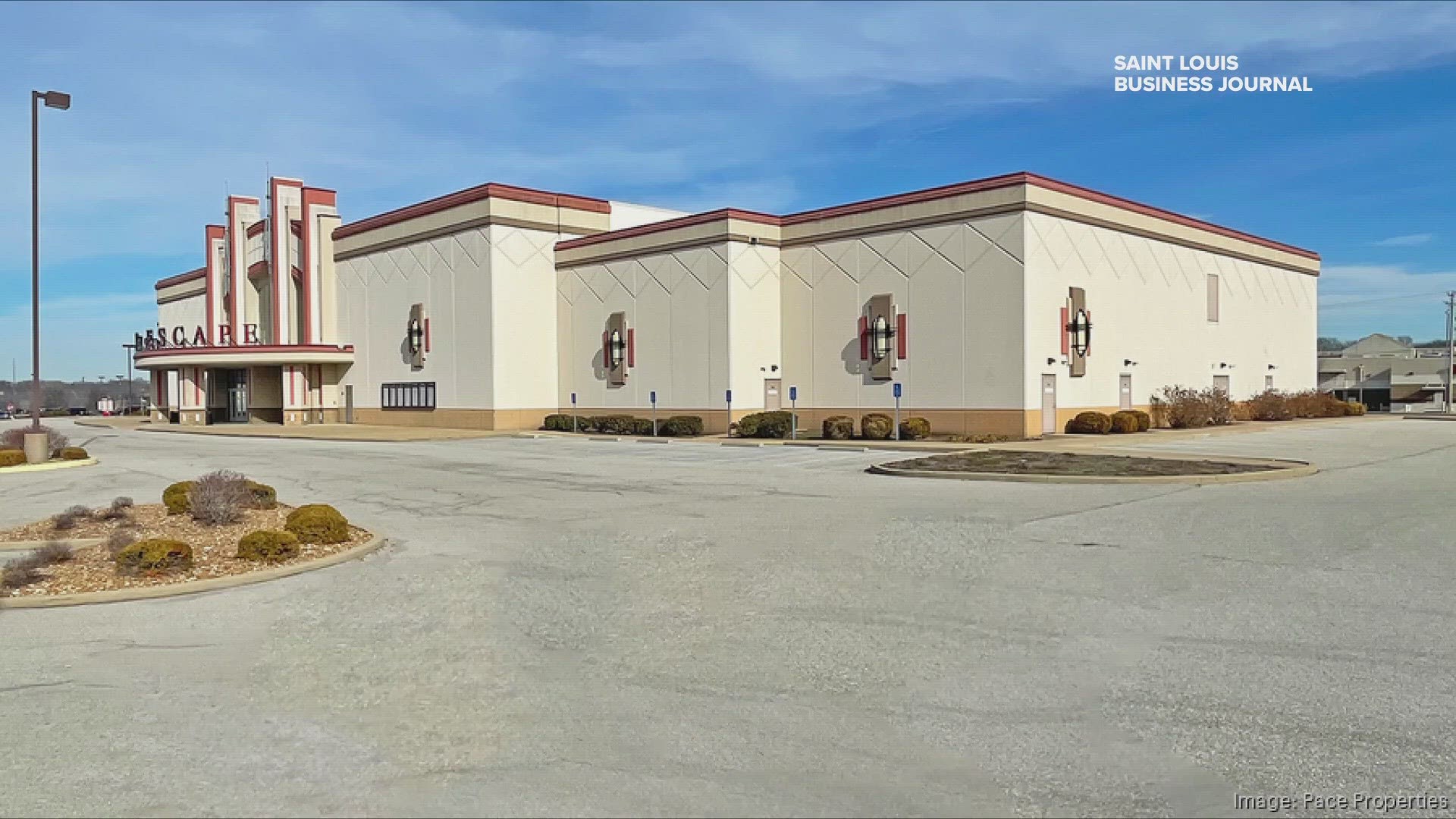ST. LOUIS — On June 2 at 8:46 a.m., St. Charles-based construction firm Millstone Weber stopped work at all of its job sites for two minutes and 53 seconds.
Both the time and duration of the stoppage have meaning: Eight minutes and 46 seconds is the amount of time Minneapolis police officer Derek Chauvin held his knee on the neck of George Floyd, the black man whose death in police custody sparked nationwide protests. Two minutes and 53 seconds is the amount of that time in which Floyd was unresponsive.
The gesture, which took place on the #BlackoutTuesday national day of activism, was one way for Millstone Weber to send a signal to its workforce and the community that it supports calls for racial justice and equity.
"It was meant to focus on the issues that allow this sort of thing to happen and to let the community know, at least in a symbolic way for now, that we give a damn," said Thom Kunn, Millstone Weber's president and CEO, who is white. "Now we have to figure out what the hell to do about it."
And that's the hard part. The movement that's arisen following Floyd's killing last month has not only left little tolerance for complacency on issues of race and inclusion, but it's also pushing companies to seek measures that go beyond issuing public statements. But exactly what does progress look like and what can companies do to achieve it?
Until now, the standard corporate reaction to racial issues has been silence, said Michael McMillan, president and CEO of the Urban League of St. Louis.
"Today, it is essential for companies to not only embrace diversity but also acknowledge and assist with the problems that adversely affect other races, cultures and orientations," he said. "Because, as (The Rev. Martin Luther King Jr.) once stated, 'In the end, we will remember not the words of our enemies, but the silence of our friends.'"
But even for organizations that break the silence, saying something just to say it can be just as problematic.
"Where companies get into real problems is when they put out statements but don't have the credibility, background or track record" that supports their message, said Paul Byrne, principal of St. Louis-based public relations firm BYRNE PR. "Don't come out with a vacuous statement. It needs to be real. You don't want to come off opportunistic or inauthentic."
Click here for the full story.
More from the Business Journal
- Why 600 Missouri medical marijuana patients may have to give up their pot licenses
- Home sales tick up as region continues to grapple with limited housing stock
- This historic Metro East hotel is undergoing a $14M renovation
- What St. Louisans' recent Google searches say about the economy
- Take a peek inside Mission Taco's newest location



